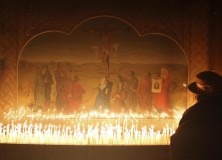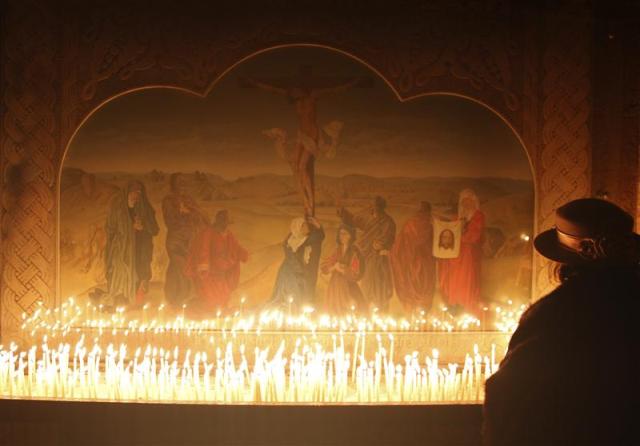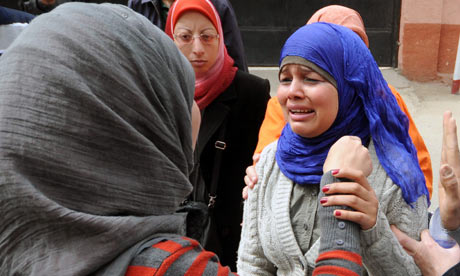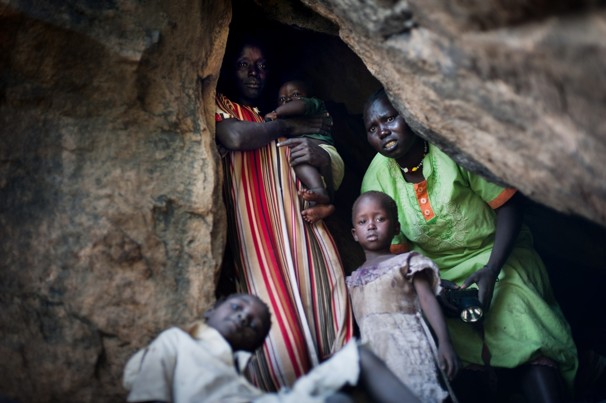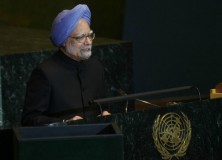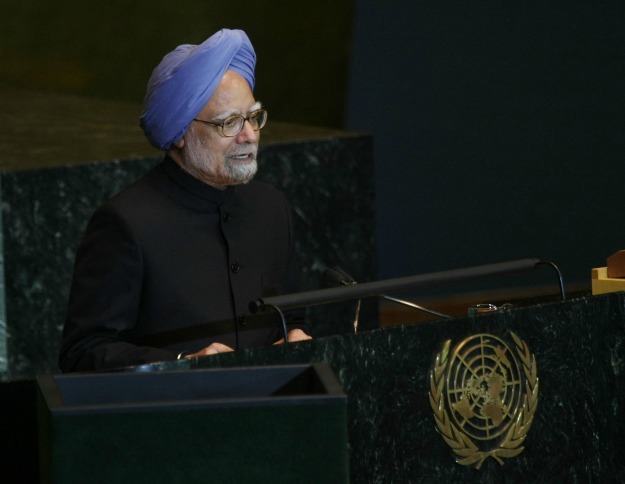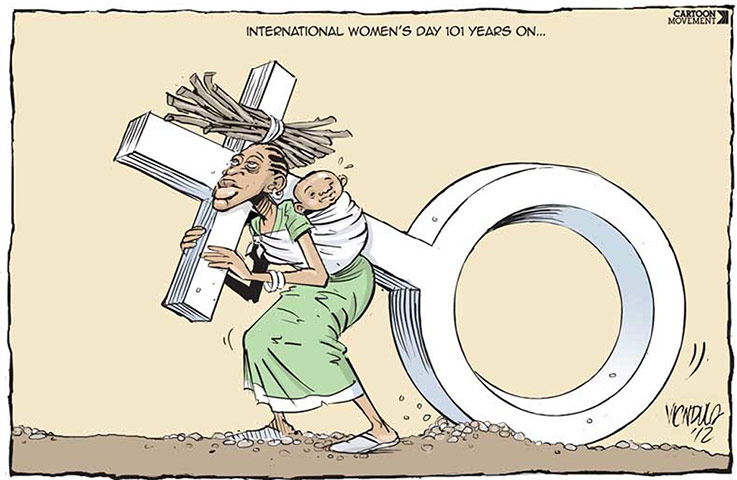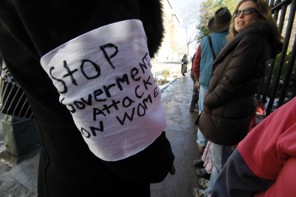 “The president’s family really took Syria like a big chicken, and they eat it alone.â€
“The president’s family really took Syria like a big chicken, and they eat it alone.â€
[Olivia Stransky, Sampsonia Way, June 2, 2011] On Jan. 26, 2011 a man from the Syrian city of Ali-Hasakah, Hasan Ali Akleh, covered himself in gasoline and lit himself on fire in protest of the Syrian government—an act mimicking the self-immolation of a Tunisian man that sparked the “Arab Spring.†A week later, Syrian President Bashar al-Assad told The Wall Street Journal that Syria was immune to the kind of social and political upheaval coursing through the Arab world. But Syrian human rights groups have estimated that, in recent months, security forces have killed 1,200 citizens who oppose Assad’s regime and the emergency rule that, prior to the unrest, had limited civil liberties since 1962.
Poet Maram al-Massri was born in the same year that emergency rule began. She left the country in 1982 after studying at the University of Damascus, and she has published six collections of poetry—two of them, Red Cherry on a White Tile Floor and I Look at You , have been translated into English in the UK and also the US. Though Massri has been living in Paris for the past 28 years, she has been staying in contact with writers in Syria during the unrest, which has devolved into violent clashes between protestors and government forces. Continue lendo

